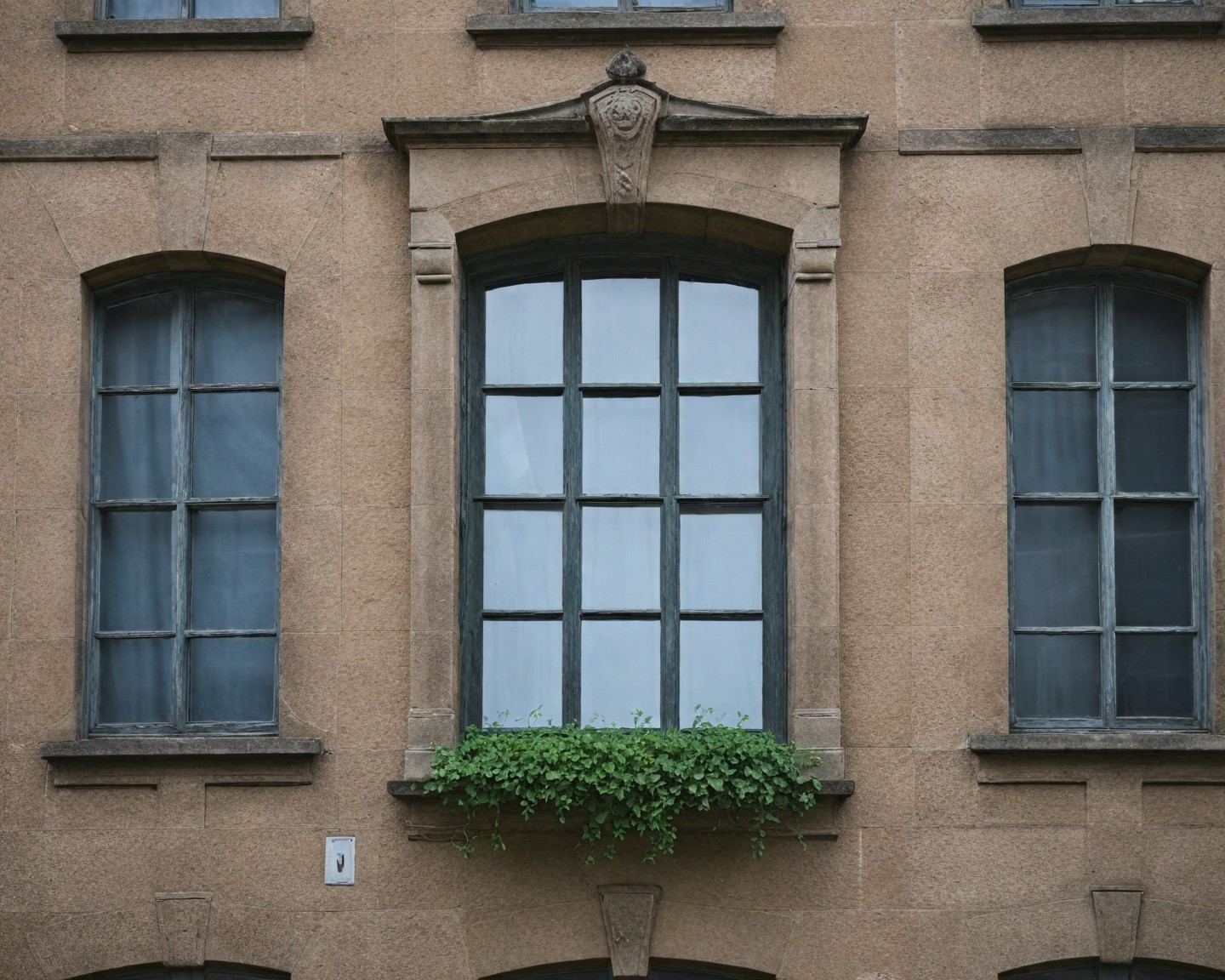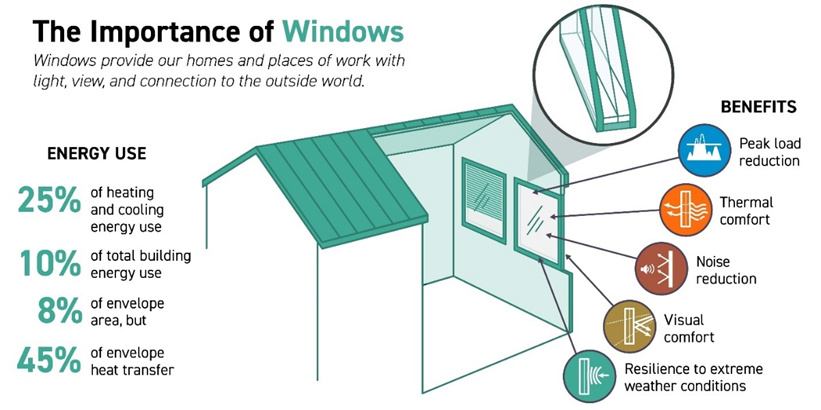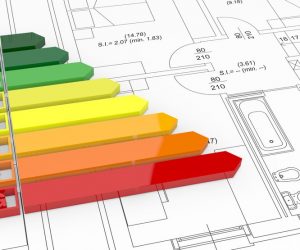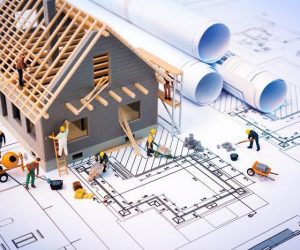The Importance of Windows in Building Performance

When aiming for sustainability and energy efficiency, windows are a critical element in the overall performance of a building. Whether you’re collaborating with an energy advisor, performing an energy efficiency audit, or adhering to the Step Code, the design and quality of windows significantly impact thermal performance, comfort, and energy consumption. Far beyond their aesthetic value, windows play a crucial role in regulating heat gain and loss and providing natural light, all of which are essential for a building’s efficiency and livability.
The Role of Windows in Thermal Performance
Windows are often the weakest point in a building’s envelope regarding thermal performance. They can account for significant heat loss in the winter and heat gain in the summer. The right selection and installation of windows can mitigate these effects, enhancing the building’s overall energy efficiency.
- Insulation: High-performance windows feature low U-values, which measure the rate of heat transfer. The lower the U-value, the better the window’s insulating properties. Double or triple glazing, along with low-emissivity (Low-E) coatings, can drastically reduce heat transfer, maintaining a more stable indoor temperature.
- Airtightness: Properly installed windows prevent drafts and air leaks. Airtight windows ensure that conditioned air stays inside and unconditioned air remains outside, reducing the load on heating and cooling systems.
Enhancing Natural Lighting and Reducing Energy Consumption
Windows are essential for natural lighting, which can reduce the need for artificial lighting during the day. Strategic placement and the use of energy-efficient glazing can maximize daylight while minimizing glare and heat gain.
- Daylighting: Effective use of natural light can reduce energy consumption for lighting, contributing to overall energy savings. Large, well-placed windows allow for abundant natural light, creating a pleasant and productive indoor environment.
- Solar Gain: In colder climates, south-facing windows can be used to capture solar heat during the winter, reducing the need for artificial heating. Conversely, in hotter climates, windows with appropriate shading or reflective coatings can minimize unwanted heat gain.

Impact on Comfort and Well-being
Windows significantly affect the comfort and well-being of building occupants. Beyond energy efficiency, well-designed windows contribute to a healthier and more enjoyable indoor environment.
- Thermal Comfort: By reducing drafts and maintaining consistent indoor temperatures, high-quality windows enhance thermal comfort. Occupants are less likely to experience cold spots near windows or excessive heat during sunny days.
- Acoustic Insulation: Modern windows can also improve acoustic insulation, reducing noise pollution from outside and creating a quieter indoor environment.
Environmental and Financial Benefits
Investing in energy-efficient windows is a key step towards sustainability. Lower energy consumption translates to reduced greenhouse gas emissions and a smaller carbon footprint. Additionally, improved energy efficiency leads to cost savings on heating and cooling bills.
- Sustainability: By reducing the energy demand of a building, energy-efficient windows contribute to broader sustainability goals. This is particularly important for buildings aiming to meet high environmental standards or certifications.
- Financial Savings: Although high-performance windows may have a higher initial cost, the long-term savings on energy bills can offset this investment. Enhanced durability and lower maintenance requirements further contribute to their cost-effectiveness.
Conclusion
Windows are a critical element in the quest for energy-efficient, sustainable buildings. By focusing on high-performance windows that offer superior insulation, airtightness, and natural lighting, you can significantly improve your building’s thermal performance. Whether guided by an energy advisor, following an energy efficiency audit, or complying with the Step Code, investing in the right windows is a smart move towards a greener, more sustainable future.




